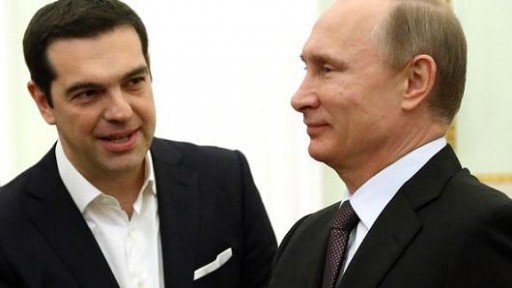Although Greece is to make a multimillion-euro debt repayment due to the International Monetary Fund (IMF) Thursday, there are fears that as the country drowns in debt and repayments, default could be just a matter of time.
A Greek government official confirmed to news wires Thursday that the country it had paid back some 450 million euros ($484.5 million) to the IMF.
To help pay its way, the country sold over a billion euros worth of six-month treasury bills Wednesday, albeit at a yield of 2.97 percent.
In early May, 1.4 billion euros worth of T-bills mature, it has another 779 million euro debt repayment due to the IMF on May 12 and later on July 20, it has to pay 3.5 billion euros to the European Central Bank (ECB) when a Greek bond held by the central bank holds matures.
Greece has been the recipient of two international bailouts since 2010 worth a combined 240 billion euros. In February, its second bailout program was extended by the IMF, European Commission and ECB by four months to give it more time to make drastic reforms in return for a final tranche of aid. Those reforms are yet to be finalised, however, and the aid worth 7.9 billion euros remains under lock and key.
Against this backdrop, Greece has one of the highest debt burdens in the world – some 175 percent of its gross domestic product -- and the highest unemployment rate in Europe, with 26 percent of adults without a job.
Greece's Prime Minister Alexis Tsipras started a two-day visit to Russia Wednesday to meet with President Vladimir Putin, a visit that prompted rumors that Greece could ask Russia for financial aid, despite the controversy that would cause in Europe which has imposed sanctions on Russia for its annexation of Crimea and role in the conflict in Ukraine.
A Greek government official told Reuters Wednesday that Russia was considering giving Greece funds based on future profits that the country would earn from shipping Russian gas to Europe as part of an extension of the Turkish Stream gas pipeline project.
<p>Why Russia won't lend a helping hand to
Greece </p>
<p>Given its own economic concerns, Russia
won't want to take on risks by giving financial aid to Greece,
says Mark Melatos, senior lecturer at University of Sydney.</p>






 Varchev Traders
Varchev Traders 

